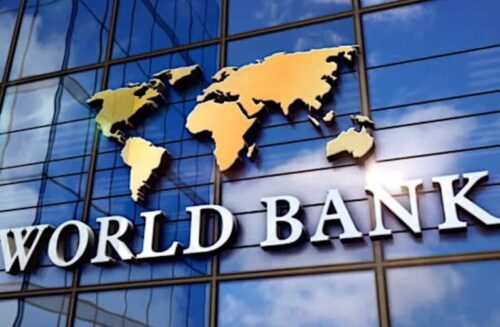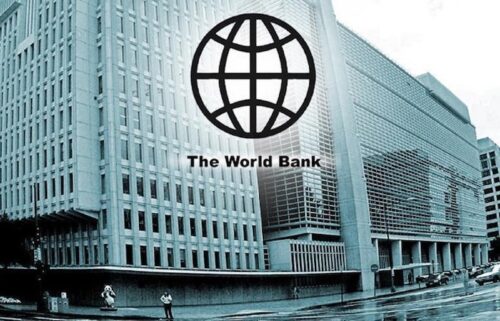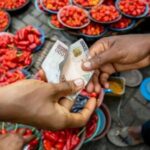Two Nigerian companies, Viva Atlantic Limited and Technology House Limited, along with their managing director, Norman Bwuruk Didam, have been debarred for 30 months by the World Bank Group. The sanction rises from allegations of fraudulent, collusive, and corrupt practices tied to the National Social Safety Nets Project (NSSNP) in Nigeria.
The NSSNP was designed to enhance social safety nets across the country by delivering targeted financial support to poor and vulnerable households. However, investigations revealed breaches of the World Bank’s Anti-Corruption Framework during the 2018 procurement and contract processes involving the two companies and their CEO.

According to the World Bank’s findings, Viva Atlantic Limited, Technology House Limited, and Didam were implicated in misrepresenting conflicts of interest in their bidding documents as well as gaining unauthorized access to confidential tender information from public officials. These actions were classified as fraudulent and collusive under the Bank’s anti-corruption guidelines.
The debarment means the companies and Didam are barred from participating in projects financed by institutions of the World Bank Group. Additionally, under the Agreement for Mutual Enforcement of Debarment Decisions (signed in 2010), other multilateral development banks may enforce similar sanctions.
As part of their settlement agreements, the companies and Didam acknowledged their involvement and agreed to meet specified integrity compliance conditions to regain eligibility after the debarment period. Notably, the settlement terms included a reduced debarment period due to their cooperation with the World Bank’s investigation and voluntary corrective actions, full cooperation with the Bank Group’s integrity investigations and implementation of enhanced internal compliance policies and corporate ethics training programs. Didam, in particular, must undergo individual corporate ethics training as part of his settlement agreement.
The World Bank emphasized its commitment to enforcing accountability and transparency in its projects. “The companies have committed to adhering to the Bank Group’s Integrity Compliance Guidelines. This includes ongoing cooperation, robust corporate ethics training programs, and enhanced integrity compliance policies,” the institution stated.
This case emphasizes the World Bank’s rigorous stance against corruption and its impact on global development initiatives. By holding companies and individuals accountable, the Bank aims to ensure that its projects are implemented transparently and effectively, ultimately benefiting the intended populations.



